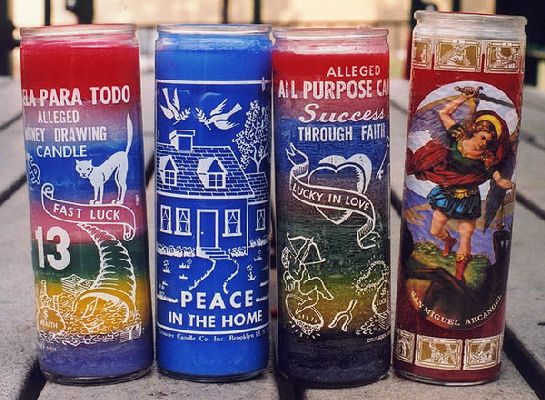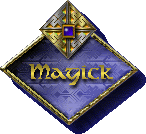


As mentioned previously, magick and its use by definition knows no religious boundaries. It is the act of relating its use to a faith which defines it as such and the practitioner as a witch, wizard, medicine man, yogi, shaman, priest, high priestess, and so on.
Perhaps the most aggressive conjurers I've seen are not pagan at all, but actually a variation of Catholicism. I nickname them "Novena Catholic," which refers to their heavy use of novena candles in their workings (if there is an actual term, please let me know!).
This originates in the Caribbean, where - centuries ago - Spanish explorers began to colonise the islands. There developed a compromise between pagan practises of the natives, those of the African slaves, and Catholicism. Santeria is closer to the African culture, although it shares similar practises to those of the Novena Catholics. The latter's ways are very pagan in structure, except that their "trad" consists of the Saints, angels, the Virgin Mary, and Jesus. Each saint has been delegated an area of focus (with corresponding colours, herbs, scents, etc.), and herbs and materials are collected for spellcasting.

I'm not sure whether they look upon themselves as performing any sort of ritual magick, but it is exactly what they are doing. They even incorporate symbols like the five and six pointed star in their spellwork. The only thing I have not seen in evidence is an ethical guide like the Wiccan Rede (more on the Wiccan Rede later).
On this site, the details of magick will dwell less with the powers of deities and more with the power and potential of the self. The invocation of superior beings is universal, but it is up to you to consider the applications according to your own beliefs, and within the parameters of your faith.
Website graphics created with love by Moyra's Web Jewels
All original content © D.David


